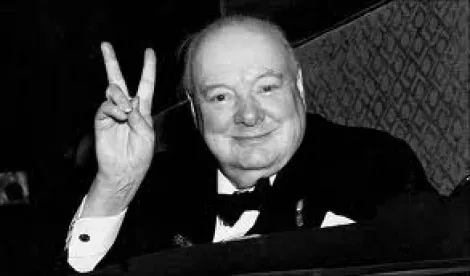The U.S. Supreme Court ruled unanimously on Tuesday that a well known medical diagnostic technique, used to determine the proper dosage levels for certain drugs, is a natural phenomenon that is unpatentable. The case (Mayo Collaborative Services v. Prometheus Laboratories, Inc.) pursued by physicians at the Mayo Clinic against a Canadian laboratory, is being heralded as a victory for medical practitioners allowing them an opportunity to more freely practice medicine.
A patent gives an inventor exclusive rights to market a new and useful process or machine for the term of the patent. However, there are some "laws of nature" that may not be patented. For example, Einstein's law (E=mc2), Newton's law of gravity, and Archimedes' principle of flotation are not patentable because they are laws of nature that should be "free to all men and reserved exclusively to none." Instead, laws of nature such as these are deemed in patent law to be tools for innovation and not subject to being monopolized with a patent.
Autoimmune diseases, such as Crohn's disease and ulcerative colitis, arise from an inappropriate immune response against substances and tissues that are normally present in the body. One treatment for these diseases is through the use of thiopurine drugs. The inappropriate immune response may be suppressed as the thiopurine is metabolized in the body. However, thiopurine, like other drugs, affects different people in various ways with a low dosage being ineffective and a high dosage causing side effects.
As thiopurine breaks down in the body, it breaks into metabolites which include 6-thioguanine and its nucleotides (6-TG) and 6-methyl-mercaptopurine (6-MMP). Those metabolites are then measured by physicians through regular blood tests to determine whether the dosage of thiopurine is adequate to be effective, while not so strong as to cause side effects.
The Canadian laboratory, Prometheus Laboratories, in Mayo patented a process for determining the proper dosage of thiopurine in blood tests. Prometheus Laboratories claimed that it had found that when the 6-TG was less than 230 pmol per 8x108 red blood cells, there was a need to increase the drug and when the 6-TG was greater than 400 pmol per 8x108 red blood cells, there was a need to decrease the drug. And Prometheus' discovery was placed in a diagnostic test that was patented.
The Mayo Clinic purchased Prometheus' tests and used the tests to determine the proper dosage for thiopurine for many years. But, in 2004 the Mayo Clinic decided that it would sell its own diagnostic tests despite Prometheus's patents. Prometheus brought suit against the Mayo Clinic for patent infringement.
The District Court ruled against Prometheus in favor of the Mayo Clinic. The District Court found that the diagnostic test patented by Prometheus was the application of a "law of nature" that should not be patented. The Federal Circuit Court of Appeals disagreed and the case went to the U.S. Supreme Court.
In the ruling on March 20, 2012, a unanimous U.S. Supreme Court found that the Prometheus diagnostic test was a mere application of a law of nature that may not be patented. The Court noted that physicians had known for years that the levels of 6-TG in the thiopurine could be measured to determine the effectiveness at low levels or toxicity at high levels. And the Court noted that application of that knowledge in a diagnostic test could not be patented. In holding that Prometheus's diagnostic test was not patentable, the Court noted:
"[T]he claims inform a relevant audience about certain laws of nature; any additional steps consist of well understood, routine, conventional activity already engaged in by the scientific community; and those steps, when viewed as a whole, add nothing significant beyond the sum of their parts taken separately. For these reasons we believe the steps are not sufficient to transform unpatentable natural correlations into patentable applications of those regularities."
The Mayo case was watched by intellectual property lawyers with an eye on clarifying the 2010 U.S. Supreme Court case of Bilski v. Kappos. Instead of clarifying or limiting the decision, Mayo continues the trend. Both Mayo and Bilski cast doubt on so-called "process patents" by holding that the mere application of a law of nature to an existing problem is not patentable. Mayo continues the trend and Mayo opens up an avenue for the challenge of patented processes in Federal Court.



 />i
/>i
